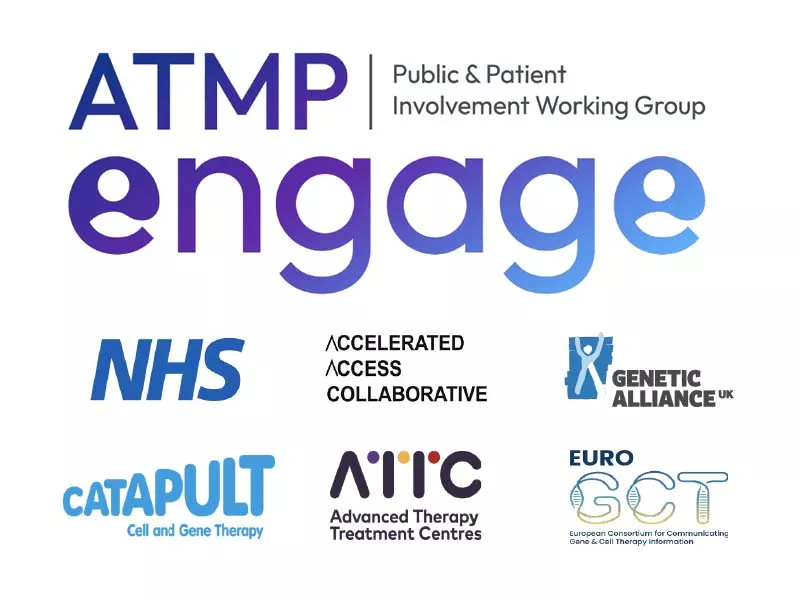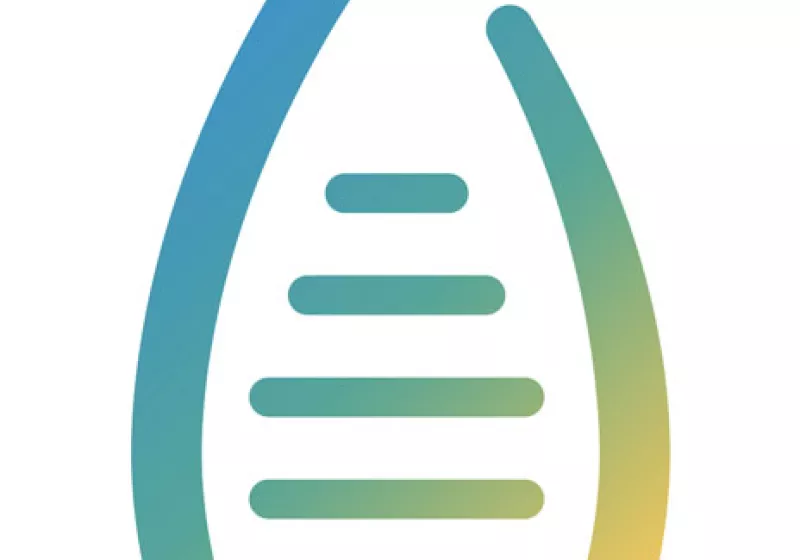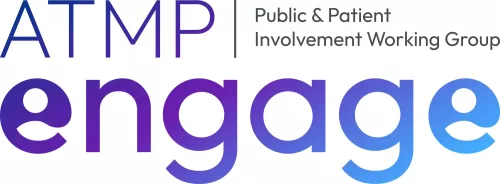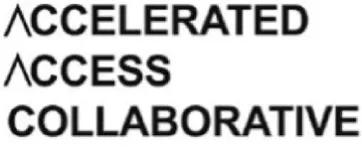Cell and gene therapies are cutting-edge therapies that can offer hope to patients with some complex diseases, genetic conditions and cancers. They are a new category of medicines that have the potential to transform lives and treatment approaches. Rather than treating symptoms or using a ‘one-size-fits-all’ treatment, these therapies are personalised to treat a patient by targeting the cause of diseases at the molecular level or cell level.
There are a range of cell and gene therapy approaches currently licensed for treatments and in research development. All cell and gene therapies are highly specialised treatments and have been developed through extensive research and licensing pathways.
They are usually available when other treatments have not worked or are not available. Treatments have long lasting, life changing impacts. These innovative therapies offer hope but also potentially unknown risks over time. They are currently only available to specific patient groups.
Examples of cell and gene therapies include:
A hybrid gene-cell therapy that modifies a patient's own T cells (a type of immune cell) so that they will bind to cancer cells and kill them.
Approved by NICE in February 2022 for treatment of metachromatic leukodystrophy (MLD).
Gene therapy for the treatment of leber congenital amaurosis (LCA) which causes blindness.
Gene therapy for the treatment of babies with spinal muscular atrophy (SMA) type 1, a life-limiting condition which makes muscles waste

To find out more about how cell and gene therapies are currently treating patients and conditions, and how they might be used in the future, visit EuroGCT's Discover Gene and Cell Therapy section.
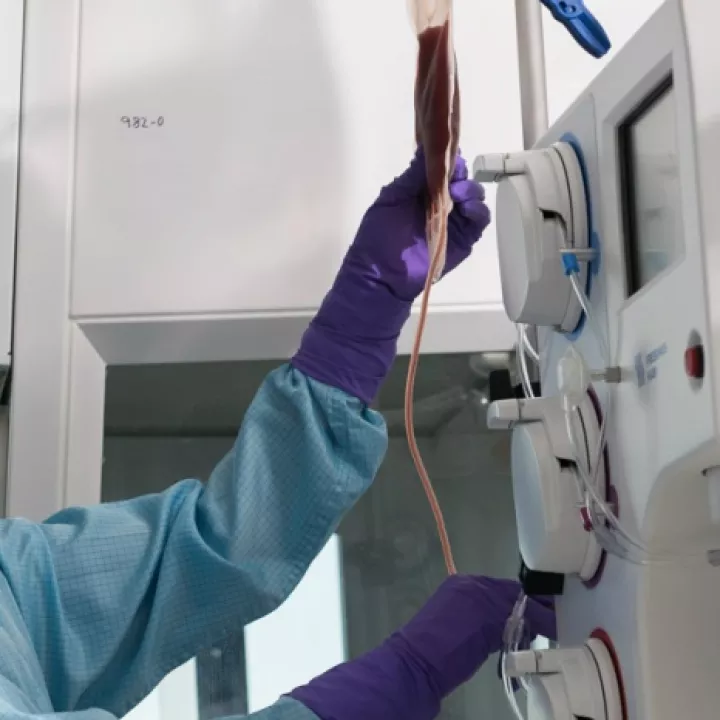
To find out more about current clinical trials in the UK, go to The Cell and Gene Therapy Catapult's Clinical Trial Database.
To learn about how cell and gene therapies work, watch the videos below, and explore resources on these sites:
To learn about how industries are developing cell and gene therapies, go to The Association of British Pharmaceutical Industry's information on ATMPs.
UK healthcare professionals can access e-learning about cell and gene therapies.


